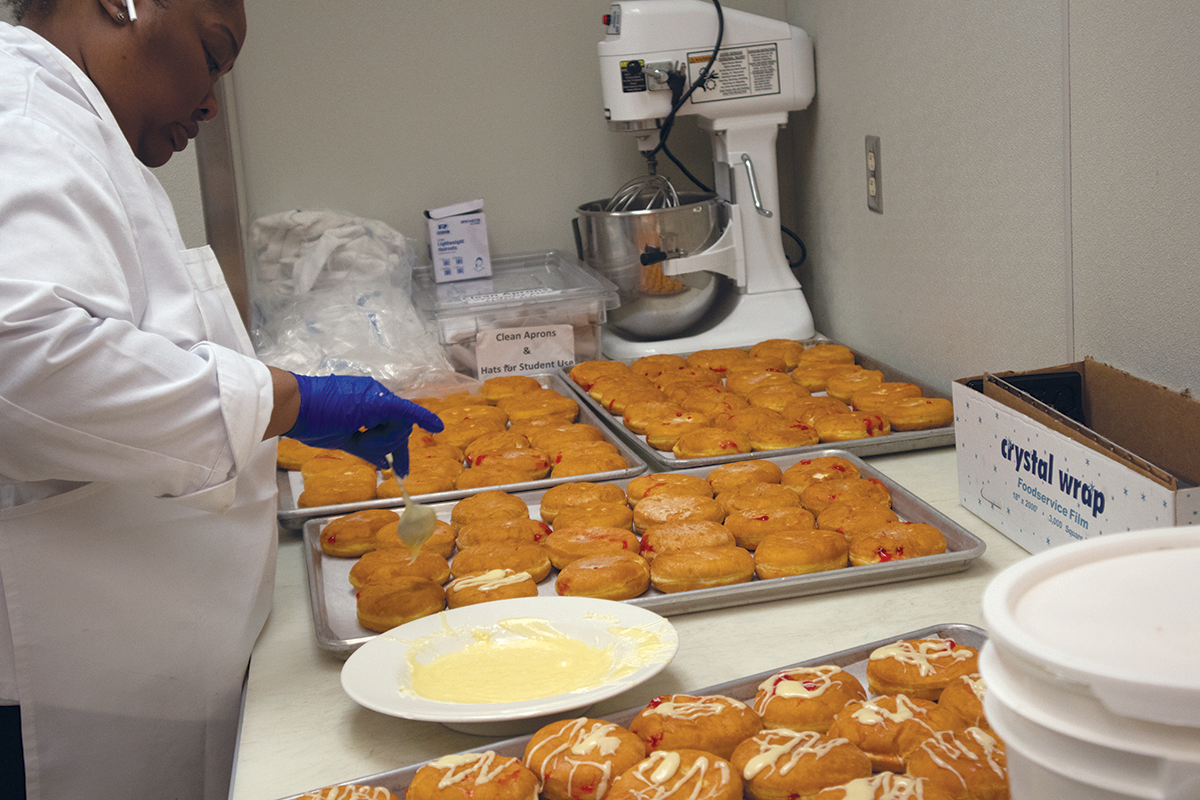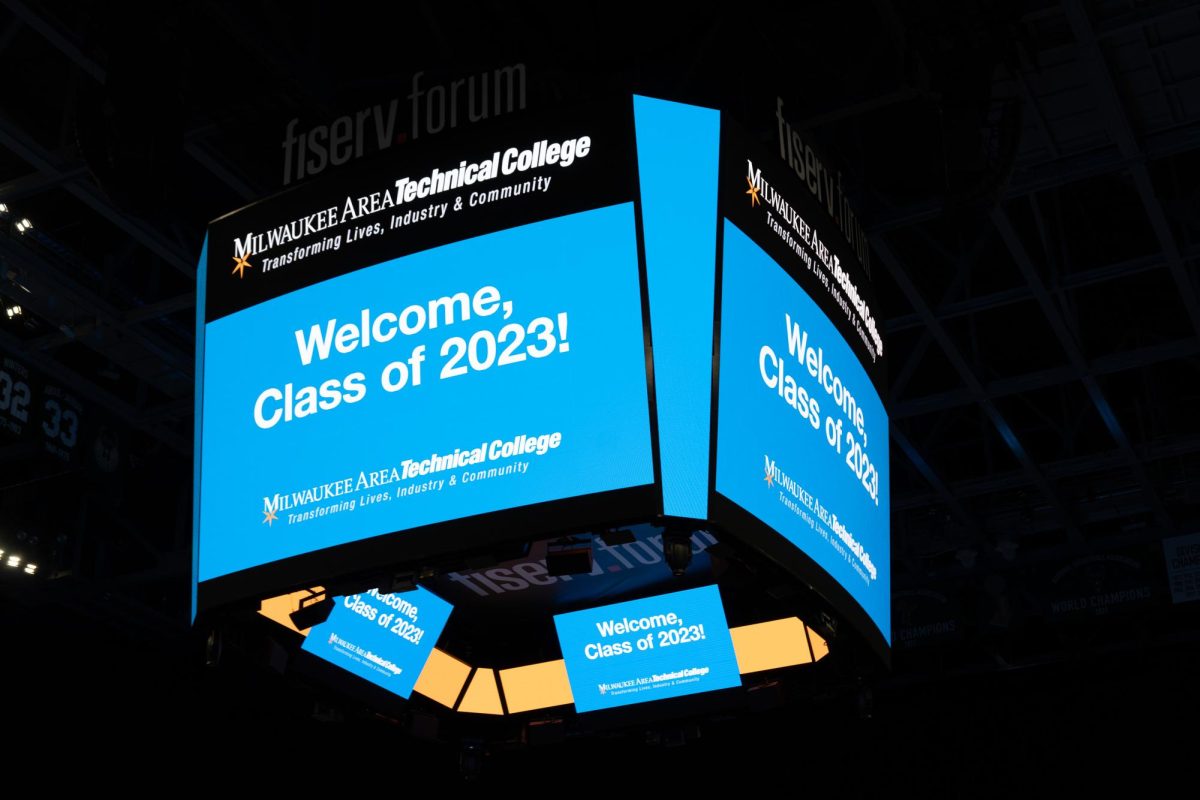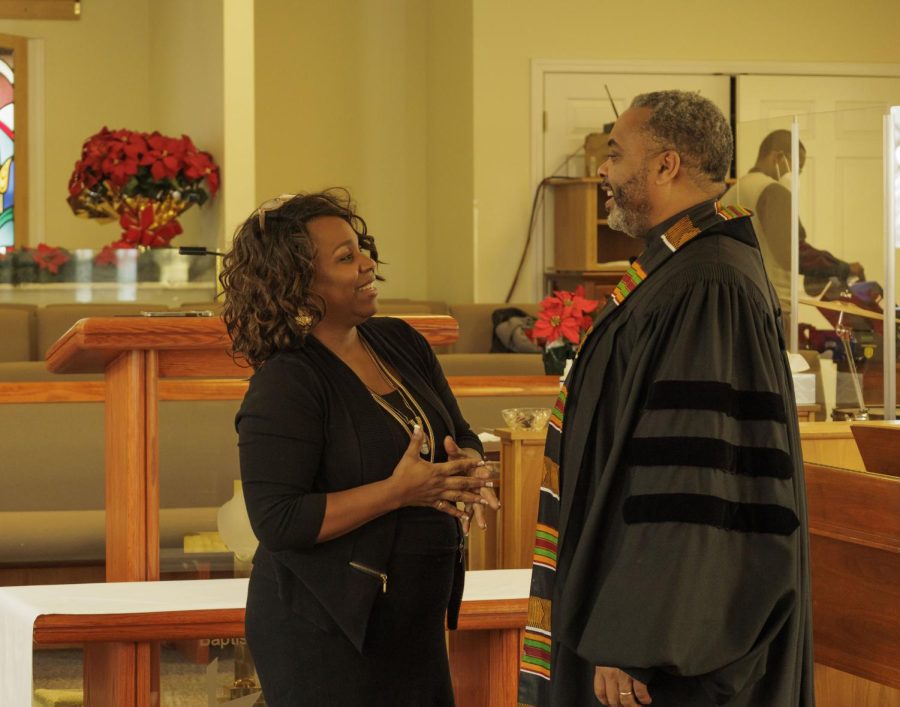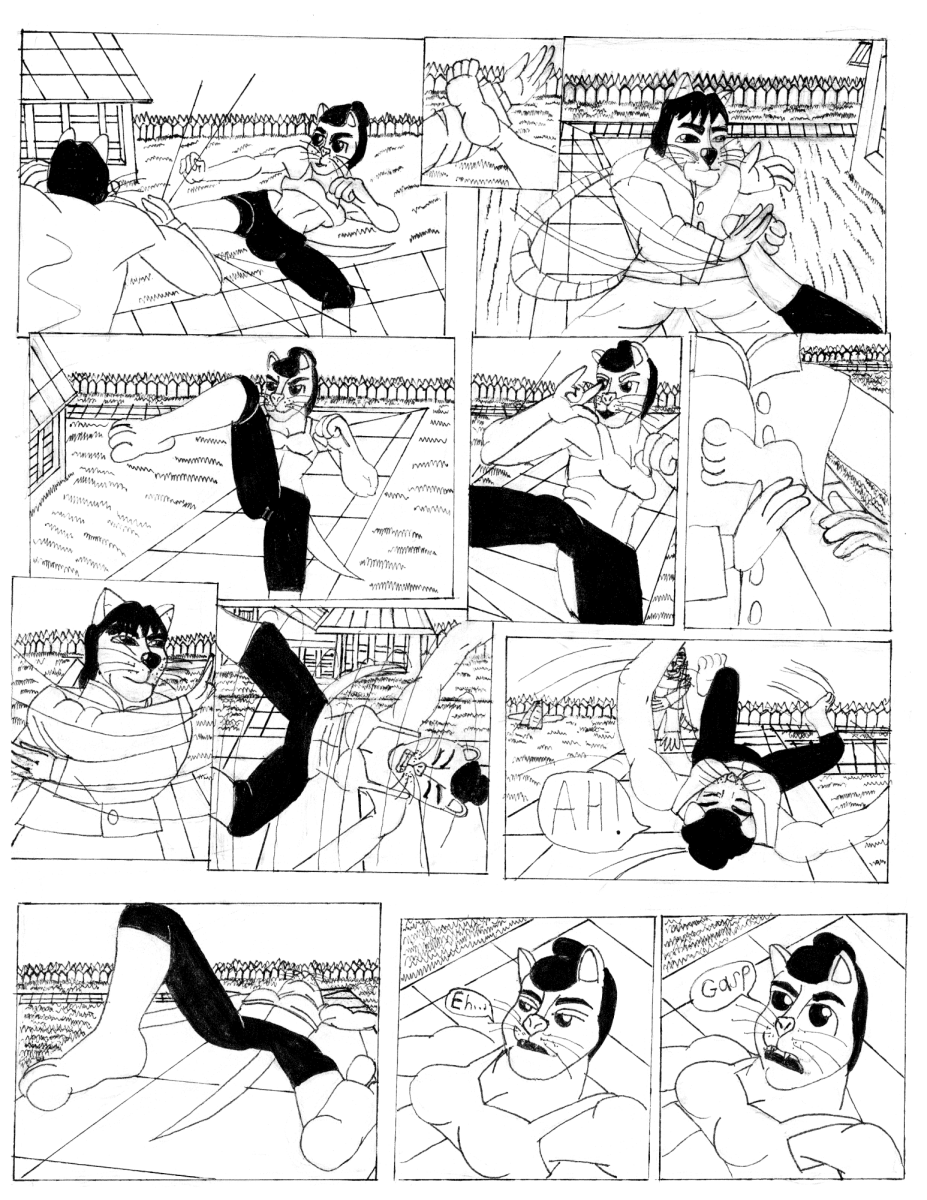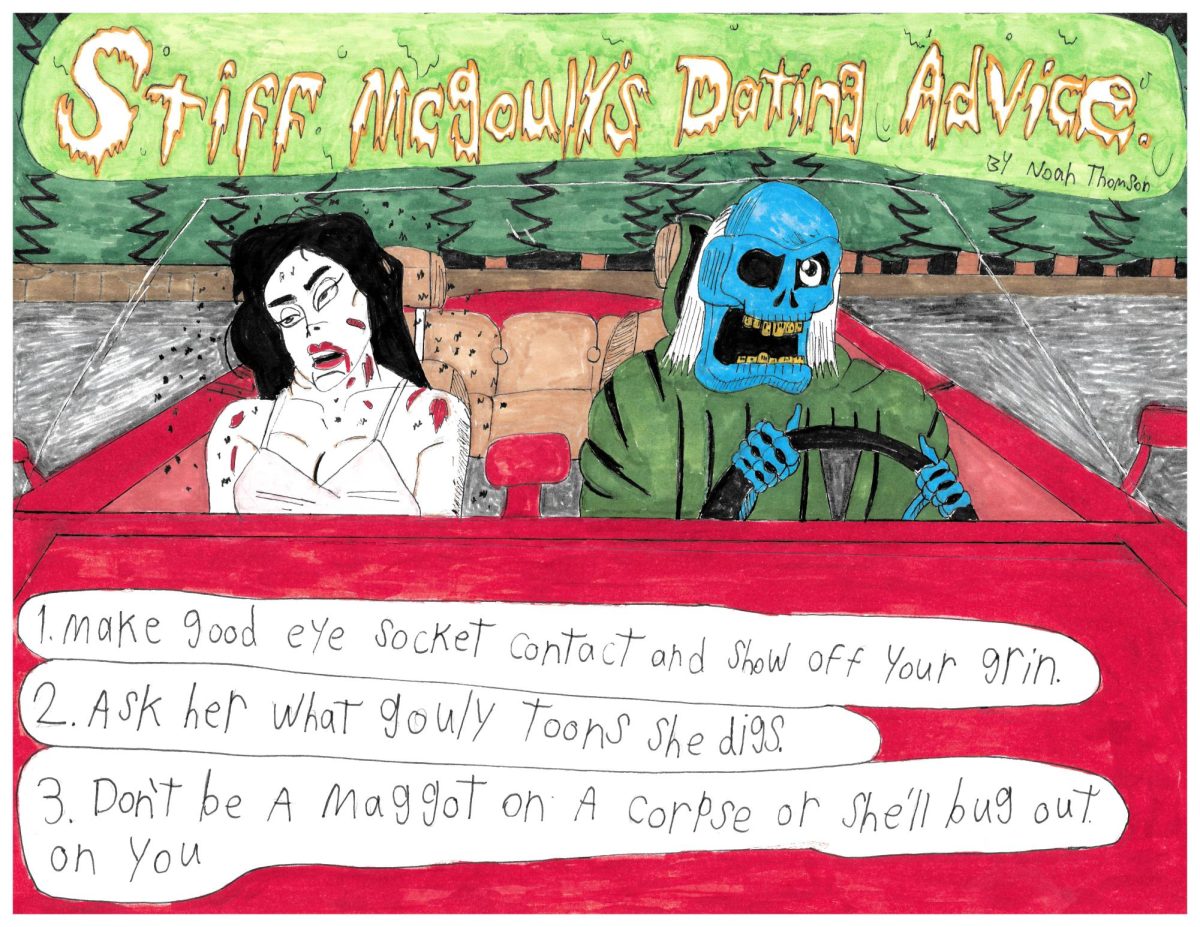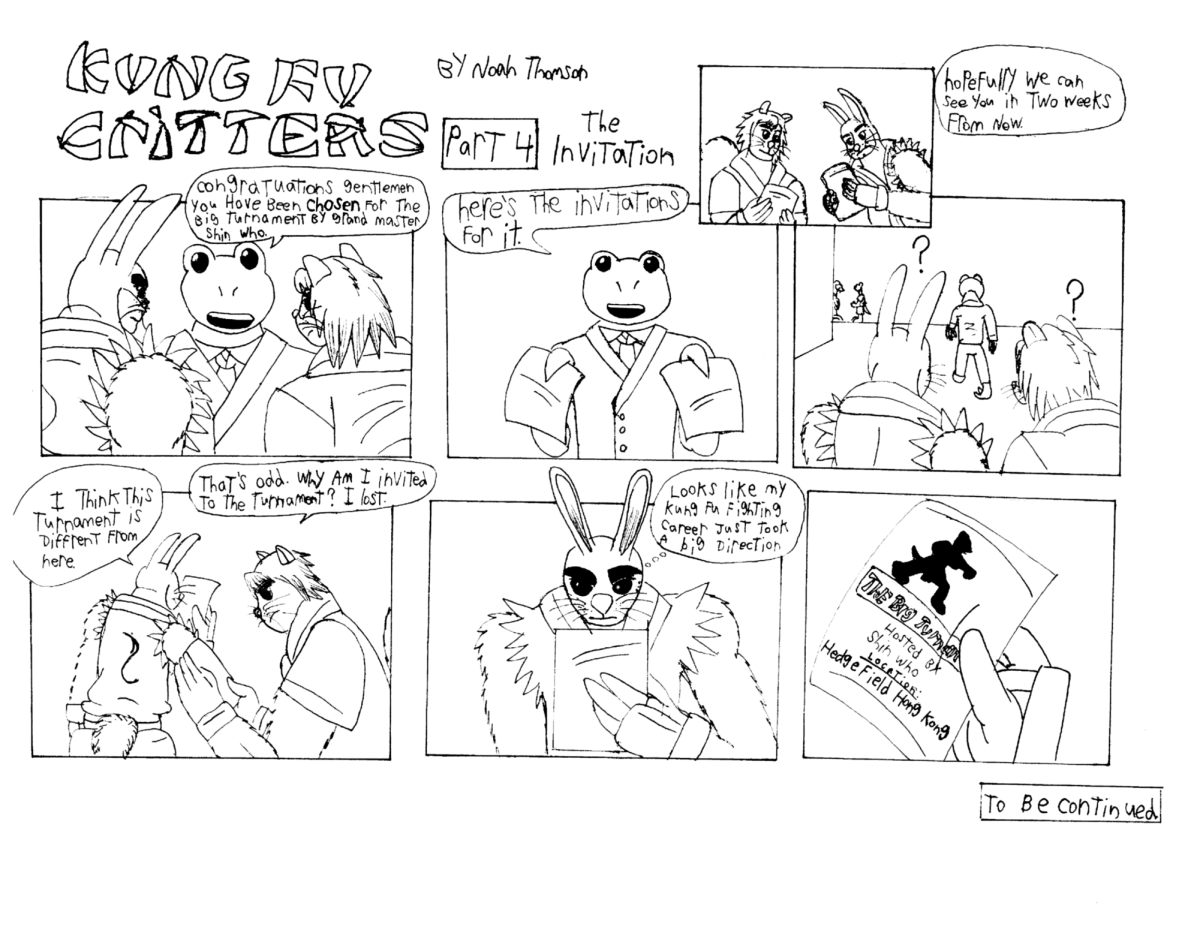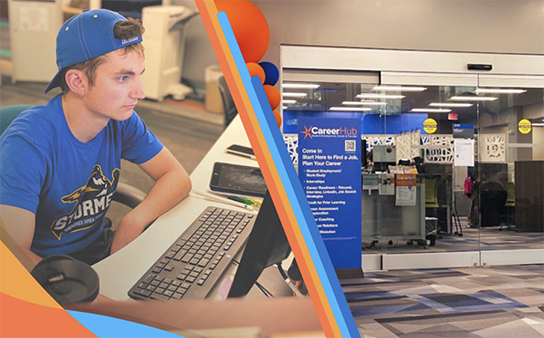“There is a myriad of parking options at the Downtown Milwaukee Campus.” Or so says an article entitled “Student Parking for Dummies,” which appeared in the Student Survival Guide included with the February 5, 2009, edition of the MATC Times. For the disabled, this seems to be untrue. At least six cars with disabled IDs (DIS ID), disabled plates or disabled veterans’ plates were ticketed for parking in the metered spaces on the west side of Sixth Street on the first day back to school.
And the problem continues. One would ask why people park there when MATC provides so much parking. That’s simple to answer: because of the parking’s closeness to a primary entrance.
Furthermore, because, as I did, those parking there thought they could without being ticketed. You see, a DIS ID provides for free, unlimited parking in most metered spaces.
Why the tickets, then? Because these spaces are only 25-minute spots, and a loophole in the parking laws allows Milwaukee to ticket cars with DIS IDs in these eight spaces.
The law states:
“A motorist who displays a DIS ID card, disabled license plates or disabled veterans’ license plates on their vehicle is exempt from any parking ordinance imposing time limits of one-half hour or more, but is otherwise subject to the laws relating to parking.”
Although the majority of spaces around the campus have two-hour limits, they are regularly filled very early. On a tour around the campus between 10 a.m. and noon, every single two-hour space was full and only one car had a DIS ID. On that same tour, every single disabled space in MATC’s lots were also full with legally parked cars.
That same tour found no fewer than five cars with some form of disabled parking ID parked in regular spaces. For me, on most days this is not a problem. On others, the walk can be a time-consuming, painful affair. But my condition is not all that bad. I’ve seen others who truly have a difficult time with the additional walk.
As for myself, I have been either parking on the lower level of the Bradley Center, paying full price or parking in the county-owned lot for $4.00.
A problem with that lot is that it can be considered full and closed even if disabled spaces are available. I’ve noticed that others are doing the same thing. So where is the problem, you might ask?
Disabled students have to purchase parking permits just like everybody else, and then they find that those permits are no good unless they get lucky enough to land a disabled space. Even if they do, the walk can be troubling for those already burdened with a disability.
I challenge anybody who thinks differently to simply put a large stone in their shoe to cause a little pain and spend the day like that.
DIS IDs and disabled plates are issued to those who, for one reason or another, can’t maneuver more than 200 feet without assistance (cane, wheelchair, crutches, etc.) or have to stop walking because of breathing or other problems.
With the distances covered once in the building, having to make an additional long walk from parking to the building can makes things very difficult. The walks can be long for everyone, but for the disabled they become journeys of pain.
So how do we fix this problem? Archie Graham, Director of Student Life has promised six more disabled spaces in the Bradley Center. He said, “I can do that. I have that authority.”
He also indicated that he would get the Student Senate involved to petition the city for some disabled-reserved street parking.
Both great starts. But what should really be done is that at least every street space within 200 feet of an entrance should be reserved for disabled parking during school hours, including night school.
Will the city tolerate this? Probably not, but it should not be worried about profits from parking meters when disabled people, who often live on state funds, are trying to become financially independent.
Which would be more financially feasible? Losing parking meter funds or gaining hundreds of thousands of dollars as the disabled return to work with their new careers attained at MATC.



